Algeria Travel Guide
Discover Why You Should Visit Algeria
Why Visit Algeria?
Algeria is North Africa’s best-kept secret, a land of vast Saharan dunes, Mediterranean beaches, and ancient Roman ruins. As the largest country in Africa, it offers incredible geographic and cultural diversity.
From the vibrant streets of Algiers to the remote desert cities of the south, Algeria is a destination for travelers seeking authenticity, history, and adventure without the crowds.
Ideal for: History buffs, architecture lovers, desert adventurers, and cultural travelers.
Must-Know Facts
Capital/Major City: Algiers
Language(s): Arabic and Berber (official), French widely spoken
Currency: Algerian Dinar (DZD)
Best Time to Visit: March to May and September to November for moderate weather
Fun Fact: Algeria is home to one of the world’s best-preserved Roman sites, Timgad, known as the ‘Pompeii of Africa’.
Top Things to Do
Explore the Casbah of Algiers, a UNESCO World Heritage Site filled with winding alleys and Ottoman palaces
Visit the Roman ruins of Timgad and Djemila
Experience the Sahara Desert in Timimoun or Taghit with camel treks and traditional music
Relax on the Mediterranean beaches near Oran and Bejaia
Hike through the lush landscapes of the Kabylie Mountains
Local Culture & Lifestyle
Algerian culture blends Arab, Berber, Mediterranean, and French influences, reflected in its music, food, and architecture.
Family is central to society, and hospitality is extended warmly to visitors.
Daily life follows Islamic traditions, and Friday is the day of prayer and rest.
Food & Drink Highlights
Street Food: Mhadjeb (stuffed flatbread), rechta (noodle dish), merguez (spicy sausage)
Restaurants: Le Tantra (Algiers), Restaurant El Mordjane, Dar Lahlou
Drinks: Mint tea, Arabic coffee, leben (fermented milk)
Desserts: Makroud, baklava, kalb el louz (semolina cake with almonds)
Main Dish & Culinary Symbols
Signature Dish: Couscous with lamb, chickpeas, and vegetables
Common Ingredients: Semolina, lamb, olive oil, harissa, dates, spices
Culinary Culture: Meals are often large, leisurely, and served with bread; sharing is a key part of Algerian hospitality.
Symbols & Icons of the Area
Natural Icons: Sahara Desert, Hoggar Mountains, Mediterranean coastline
Cultural Icons: Traditional Haik garment, Andalusian music, Arabic calligraphy, Roman and Islamic architecture
Hidden Gems & Off-the-Beaten-Path
Ghardaïa, a stunning M’zab Valley city with unique architecture and UNESCO status
Tassili n’Ajjer National Park, home to prehistoric rock art and surreal desert landscapes
The oasis town of Beni Isguen, known for its markets and spiritual traditions
Shopping & Souvenirs
What to Buy: Handwoven carpets, pottery, leatherwork, silver jewelry, traditional kaftans
Where to Shop: Casbah of Algiers, Souk El Fellah, craft markets in Tlemcen and Ghardaïa
Getting Around
Public Transport: Buses and shared taxis connect most cities; the Algiers Metro is reliable in the capital
Car Rentals: Useful for exploring remote desert or mountain regions
Tip: Road conditions vary widely; hire local drivers for long-distance travel
Walkability: High in older city centers and historical sites
Travel Tips
Dress modestly, especially in rural areas and mosques
Photography of military sites and government buildings is prohibited
French will be more useful than English in most parts of the country
Cash is king; credit card acceptance is very limited
Where to Stay
Budget: Hostel les Beaux Arts (Algiers), basic auberges in desert towns
Mid-range: Hotel El Riadh (Oran), Hotel El Djenina (Algiers)
Luxury: Sofitel Algiers Hamma Garden, Royal Hotel Oran
Unique: Guesthouses in M’zab Valley or Saharan kasbah-style lodges
Sample 4-Day Itinerary
Day 1: Arrive in Algiers, explore the Casbah, visit the Martyrs’ Memorial and walk along the waterfront
Day 2: Travel to Djemila or Timgad for Roman ruins, overnight in Setif or Batna
Day 3: Fly or drive south to Timimoun or Ghardaïa for a desert experience and sunset camel ride
Day 4: Return to Algiers or Oran for shopping and traditional Algerian dinner

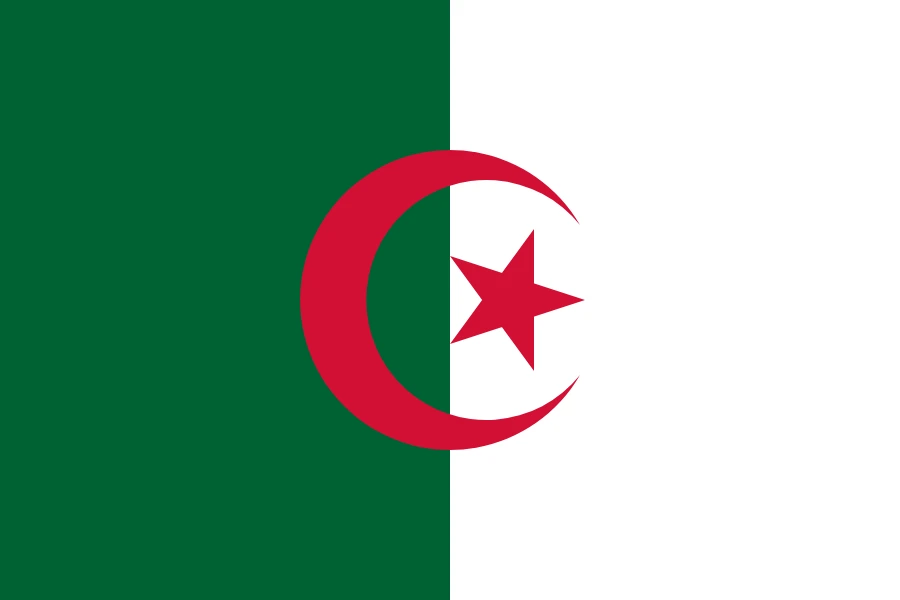
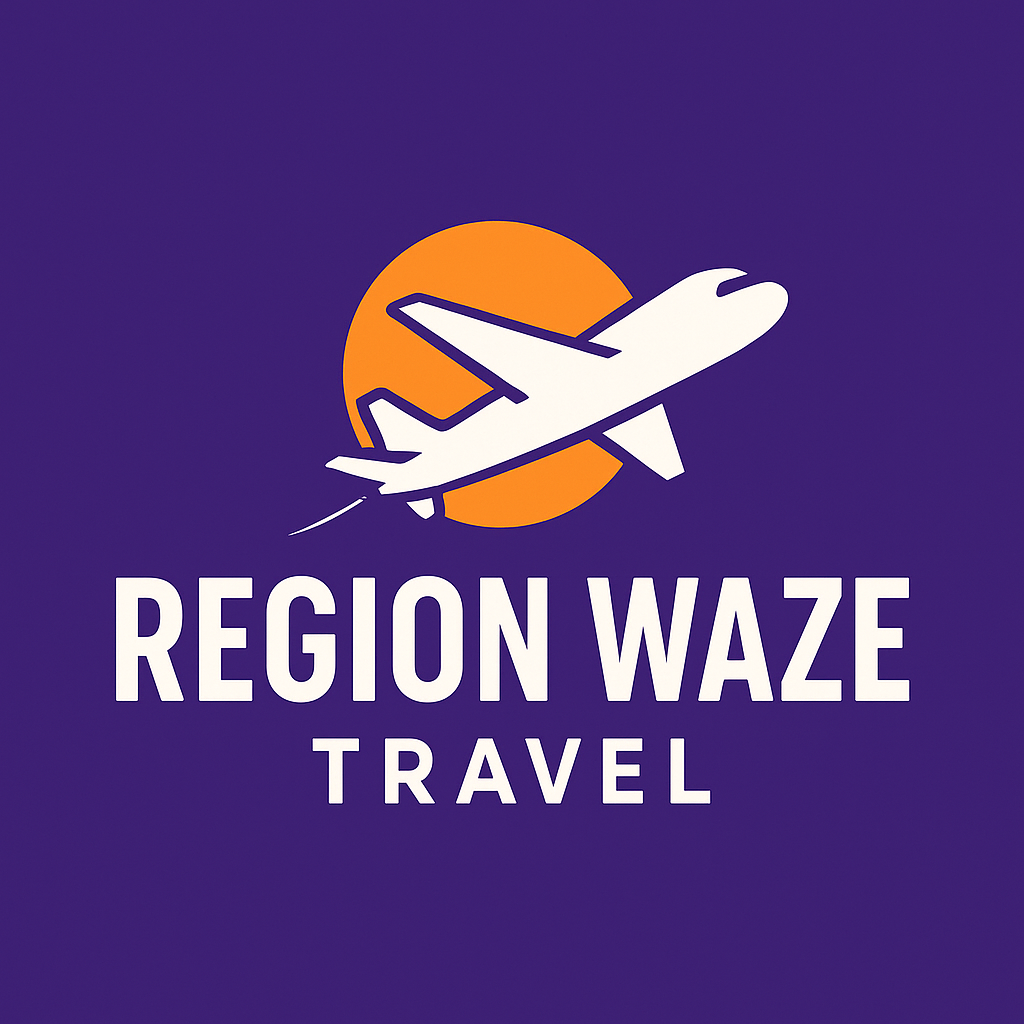
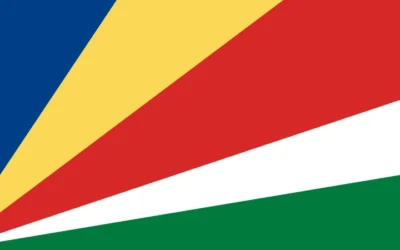
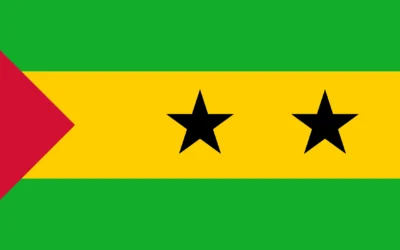
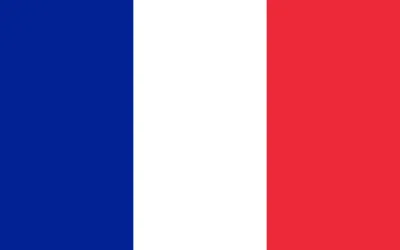
0 Comments